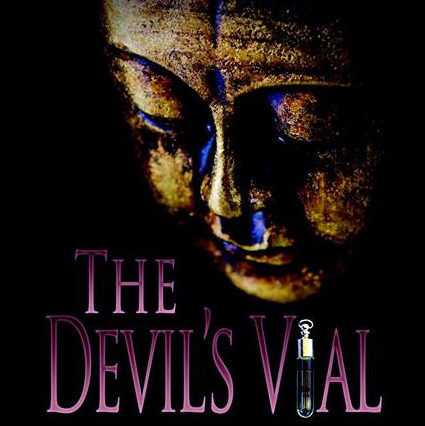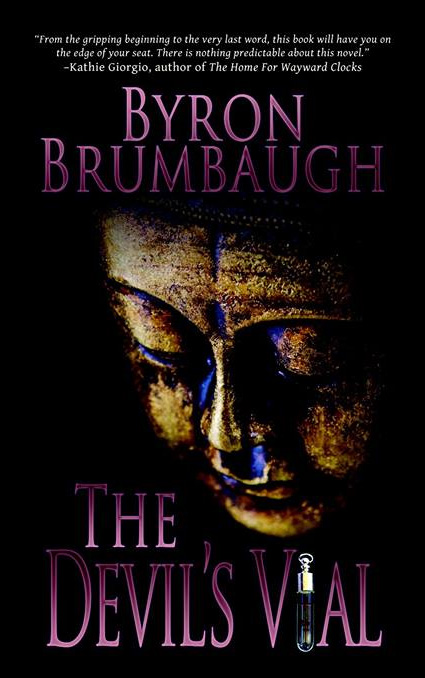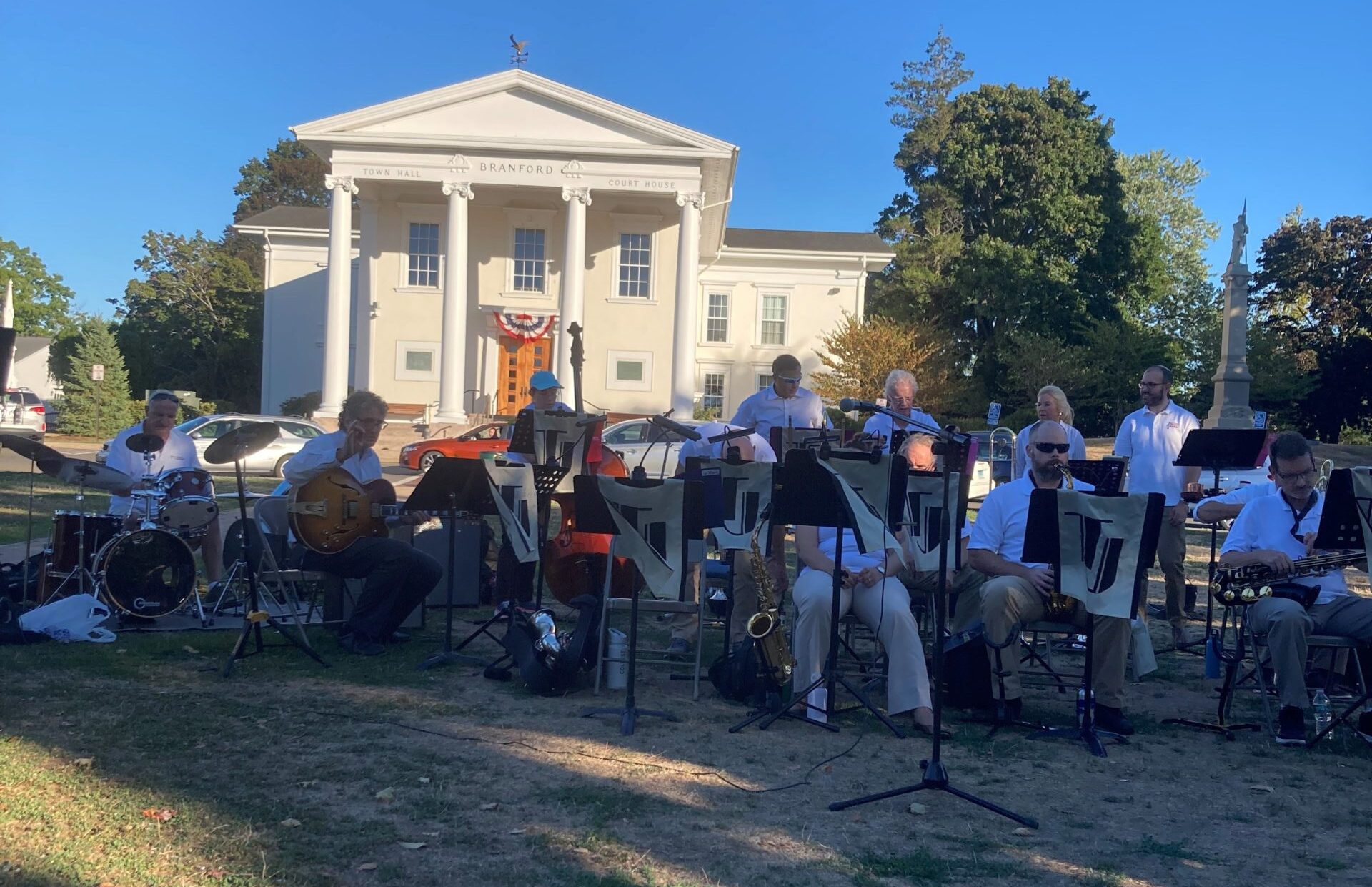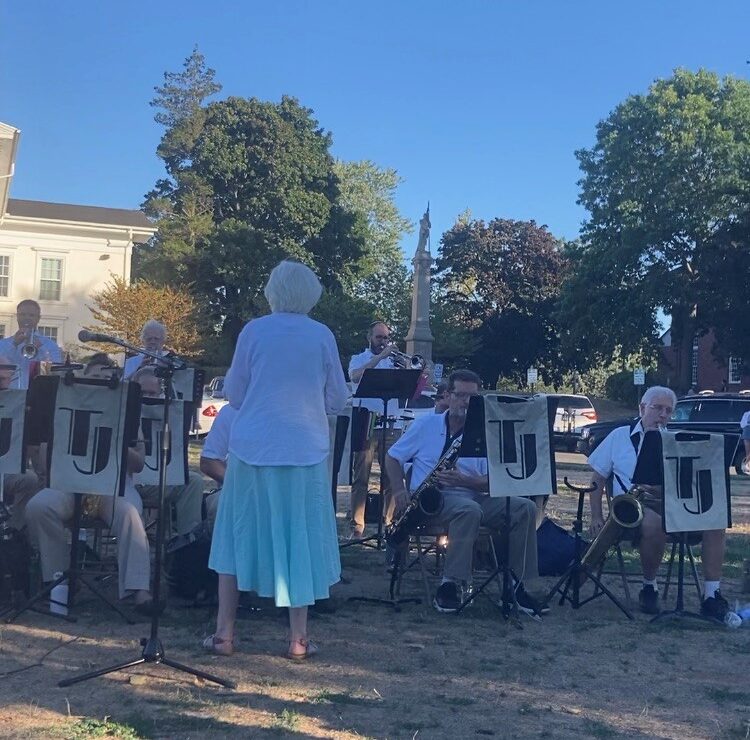You will not stop them from dying. At best, you will stop them from dying today.
-Aude Mernilliod
I saw an orthopedic surgeon and got a steroid injection in my right outer hip. The next day, I felt significantly better. Then things went downhill and the pain returned en force. In addition, I now have some decreased sensation over my lower shin. That suggests a neurological problem. I now think I might have a pinched nerve somewhere. The most likely place is in the spine, where the nerve root leaves the vertebrae. From the distribution of the pain and numbness, I’d say the L4 nerve root. So, I contact a spine specialist to get the required tests (probably an MRI) and see what’s up. I also received a prescription for oral steroids. They helped quite a bit which suggests that whatever is pinching a nerve has some inflammatory component.
I mention all this to open a window into how our medical system works. I’m in a position where, being a doctor, I understand how things are done and why they are done that way. But I am also a patient, so I live with the frustrations and challenges of having to deal with the system. If a life or limb is not threatened, the usual process takes time. You start out with conservative treatment, in this case that means rest, ice and nonsteroidal pain meds and wait. If that doesn’t work, and it hasn’t for me, you try something minimally invasive like a steroid shot in the place where you believe the inflammation is, like the bursa, and you wait.
All this waiting can be very frustrating, especially when pain is involved, but there are reasons for the delay. One reason is that we don’t have an infinite amount of resources to spend on medical care and we have to be judicious in how we use what we have. If you have a true emergency, fine. You’ll get what you need ASAP. If you don’t, you may have to suffer for some time while the list of possible causes of your discomfort is explored. You know, the etymology of the noun, patient, is the Latin, patiens, the present participle of pati, to suffer, and has nothing to do with a tolerance of waiting. As uncomfortable as I feel, this ain’t gonna kill me while I go through the process. I’ll be a patient patient and suffer the waiting while I suffer the pain.
The differential diagnosis of my pain is long. Many things can cause it. Given my symptoms and what makes them worse or better, many possibilities can be moved down the list, ordered from most likely to least. A simple pelvic x-ray taken when I got my steroid shot, for example, ruled out osteoarthritis – an all too likely cause of hip pain, given my age. Since I have the numbness, that reorders the list a bit more. It also changes the level of urgency, although it doesn’t make it emergent, because compressed nerves can be permanently damaged in a short period of time. Given the extent of my neurological compromise, though, I still have plenty of time before that happens. The next step is a lumbar spine x-ray to examine the bony holes that the nerves pass through. If that proves not to be illuminating, then either I get an MRI, which is really good at showing swollen tissue, or we try some physical therapy to see if the symptoms can be made better without spending the many thousands of dollars that an MRI costs. If the neurological symptoms worsen, or the pain exacerbates to where I can no longer perform my ADLs (activities of daily life), then things get escalated another notch. This is as it should be. After all, it would be totally inappropriate to spend hundreds of thousands of dollars to rule out toe cancer when all you have is a hangnail.
Meanwhile, I suffer. But I can bear it and there are many people out there who need the available medical resources more than I do. I won’t be neglected, I just have to be patient. I don’t have to be in the front of the boarding line, the plane isn’t leaving without me. Suffering is just nature’s way of letting us know that we’re alive. I’m not worried.
Not worried about me, that is. I do worry about Waldo. He doesn’t understand what’s going on and simply feels an instinctive need to get out there and romp. So far, I can provide him with a minimally acceptable level of exercise – mostly walking around the apartment grounds, but sometimes going to a park. He runs a bit, sniffs a lot and, of course, carries a ubiquitous stick. He’s happy, tail wagging, eating well and engaged with life. I know, from prior experience, that he will get through this just fine – as long as I can continue with what I’m doing now. If it comes to pass that I no longer can, well… I do worry about that.
But, Waldo, he’s patient.







